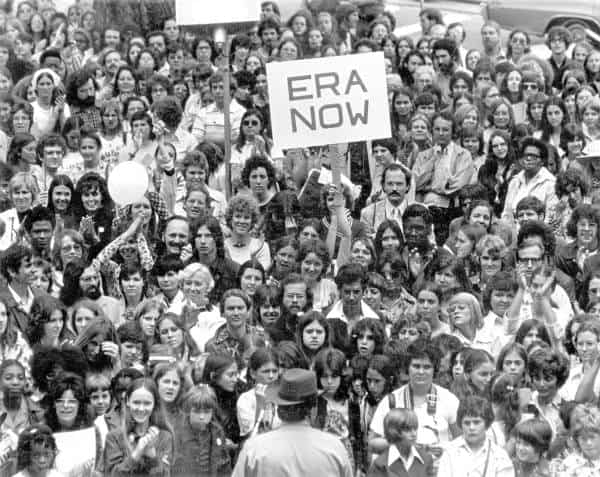Yesterday the Supreme Court heard oral argument in Babb v. Wilkie. The question before the Court was whether federal workers alleging age discrimination under the Age Discrimination in Employment Act (ADEA) must show that the adverse action would not have happened “but for” their age, or whether the government can be held liable if age was simply a “motivating factor.” Observers said that questions from the Court’s four liberals and Justice Alito appeared to suggest that they favored the more lenient “motivating factor” approach. In one notable exchange from the argument, Chief Justice Roberts asked whether a federal employer saying “OK, Boomer” to a job applicant would be actionable under the ADEA.
The Supreme Court of Appeals of West Virginia, the state’s highest court, heard oral argument yesterday in a challenge to the state’s private sector right-to-work law. The state AFL-CIO sued to block the law after its enactment in 2016. The labor federation alleged that the law allowing employees to benefit from union representation while not paying agency fees was an unlawful taking. A circuit judge granted a preliminary injunction, but the Supreme Court of Appeals later reversed it and allowed the law to take effect. At oral argument, the justices discussed the relevance of Janus v. AFSCME. One justice claimed that Janus was immaterial to the case at hand because of its limitation to the public sector, while another justice asserted that the logic of Janus was even more applicable to the private sector than the public sector.
Virginia’s legislature voted to ratify the Equal Rights Amendment (ERA) yesterday, becoming the thirty-eighth state to endorse the constitutional amendment. While the requisite three quarters of states have now approved the amendment, the deadline for ratification technically expired in 1982. For the moment, the future of the amendment is uncertain.
Earlier this week, the Supreme Court denied certiorari in Branch v. Massachusetts Department of Labor Relations, avoiding (at least for now) a post-Janus showdown over unions’ ability to serve as the exclusive bargaining representatives of public sector employees. In filing a cert petition, the National Right to Work Legal Defense Foundation had urged the Court to overturn the decision of the Massachusetts Supreme Judicial Court, which had found that exclusive representation did not violate dissenting employees’ First Amendment rights.
The National Labor Relations Board (NLRB) received over 12,000 comments in response to a proposed rule that would deny student employees the protections of the National Labor Relations Act. The NLRB resorted to rulemaking in its effort to overturn the 2016 Columbia University decision (which declared most student teaching and research assistants to be “employees” under Section 2(3) of the Act) after unions jointly agreed to not bring cases that could risk a reversal before the Board.






Daily News & Commentary
Start your day with our roundup of the latest labor developments. See all
February 27
The Ninth Circuit allows Trump to dismantle certain government unions based on national security concerns; and the DOL set to focus enforcement on firms with “outsized market power.”
February 26
Workplace AI regulations proposed in Michigan; en banc D.C. Circuit hears oral argument in CFPB case; white police officers sue Philadelphia over DEI policy.
February 25
OSHA workplace inspections significantly drop in 2025; the Court denies a petition for certiorari to review a Minnesota law banning mandatory anti-union meetings at work; and the Court declines two petitions to determine whether Air Force service members should receive backpay as a result of religious challenges to the now-revoked COVID-19 vaccine mandate.
February 24
In today’s news and commentary, the NLRB uses the Obama-era Browning-Ferris standard, a fired National Park ranger sues the Department of Interior and the National Park Service, the NLRB closes out Amazon’s labor dispute on Staten Island, and OIRA signals changes to the Biden-era independent contractor rule. The NLRB ruled that Browning-Ferris Industries jointly employed […]
February 23
In today’s news and commentary, the Trump administration proposes a rule limiting employment authorization for asylum seekers and Matt Bruenig introduces a new LLM tool analyzing employer rules under Stericycle. Law360 reports that the Trump administration proposed a rule on Friday that would change the employment authorization process for asylum seekers. Under the proposed rule, […]
February 22
A petition for certiorari in Bivens v. Zep, New York nurses end their historic six-week-strike, and Professor Block argues for just cause protections in New York City.